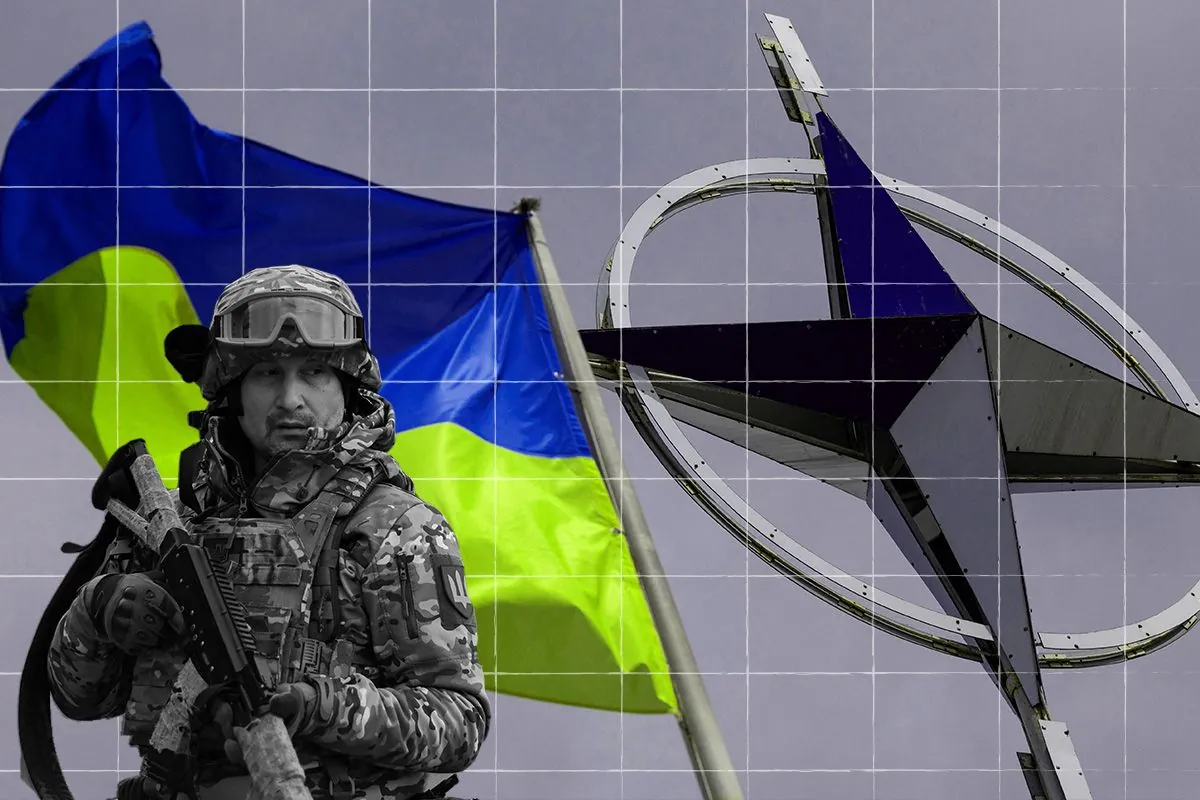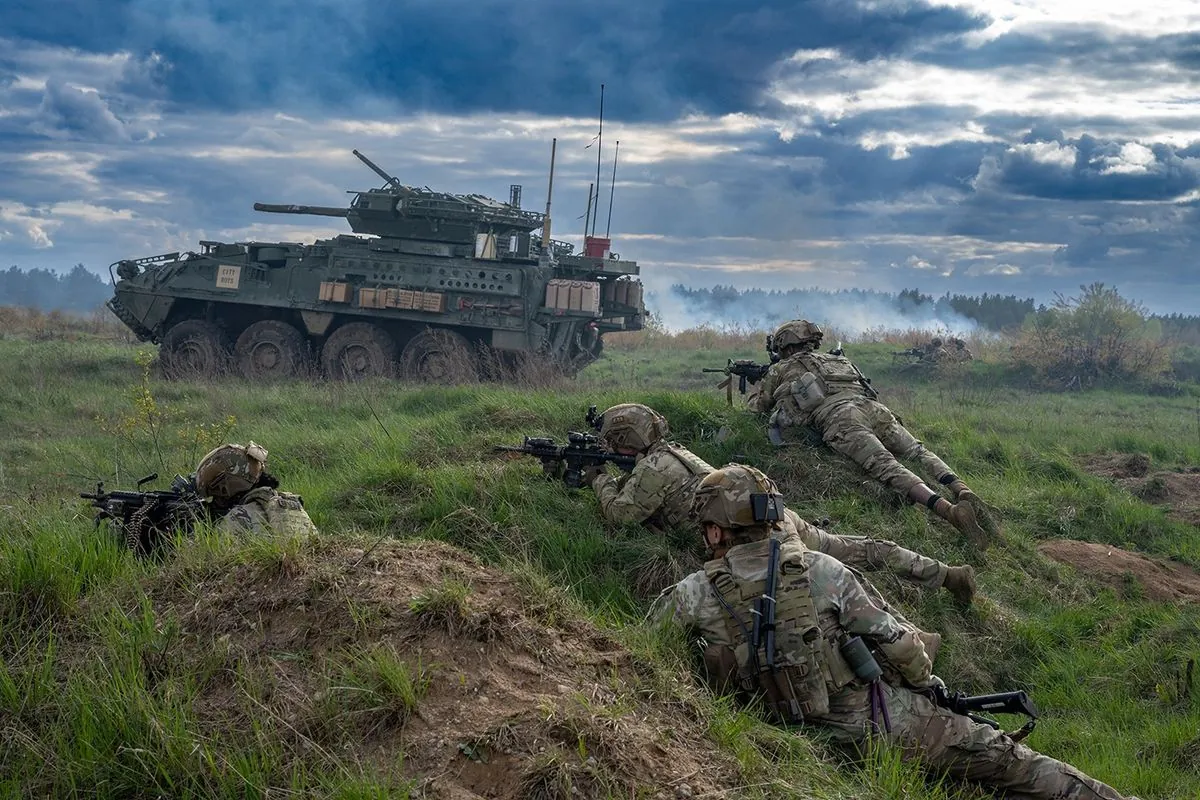EU Defense Centralization: A Potential Threat to European Security
Analysis of the challenges in European defense, questioning the effectiveness of EU centralization. Explores divergent threat perceptions and the risk of appeasement policies in a unified EU security approach.

The United States seeks robust European allies capable of safeguarding the continent's eastern and southern borders against potential threats from Russia and North Africa. While some NATO members, particularly those on the eastern frontier like Poland, Finland, and the Baltic states, have responded positively to calls for increased defense efforts, many European nations continue to fall short of expectations.

Germany, Europe's economic powerhouse, has already begun to backtrack on its promised military upgrade following Russia's 2022 invasion of Ukraine. This situation highlights a significant disparity between European rhetoric opposing Russian expansionism and the actual capacity to counter such threats.
"A stronger Europe in the world is about strengthening our unique brand of responsible global leadership."
The concept of enhancing the European Union's role in security matters has been proposed as a potential solution. Proponents argue that pooling resources and centralizing defense procurement could address the issue of member states not meeting their defense obligations. Some even envision the creation of a joint European military force.
However, this approach may prove counterproductive to European security for two primary reasons:
Lack of shared threat assessment: The EU's 27 member states have widely divergent views on security priorities. For instance, Italy focuses on migration from North Africa, while Poland prioritizes the Russian threat. These differences are deeply rooted in geography, history, and domestic politics.
Risk of appeasement policies: Even if the EU were to implement a cohesive defense policy, there's no guarantee it would robustly oppose revisionist powers like Russia. Countries such as Germany and France have historically favored engagement over confrontation with Moscow.
The EU's current priorities, as outlined by the European Commission, reflect a lack of focus on hard security issues. The European Green Deal, aiming for net-zero emissions by 2050, tops the list, followed by digital transformation and economic initiatives. While these goals are laudable, they do not adequately address the immediate security challenges facing the continent.
Centralizing security decisions at the EU level could potentially give pro-appeasement nations the power to overrule the more robust defense policies of Central and Eastern European countries. This could result in a weaker overall stance against Russian imperialism and instability in the Mediterranean region.
In terms of defense procurement, individual European nations are likely to make more efficient and timely investments. Poland's recent purchases of US aircraft and South Korean tanks demonstrate the benefits of national-level decision-making in addressing urgent security needs.
The 2024 European Defence Industrial Strategy's goal of increasing EU-based defense procurement to at least 50% may be unrealistic given the immediate threats facing the continent. Allies need to rapidly bolster their military capabilities to effectively deter Russia.
For the United States, supporting individual European allies rather than a centralized EU approach may be more beneficial in establishing a strong European frontier. This strategy is more likely to result in effective deterrence and maintain Europe's trans-Atlantic orientation without requiring constant US resource expenditure.


































